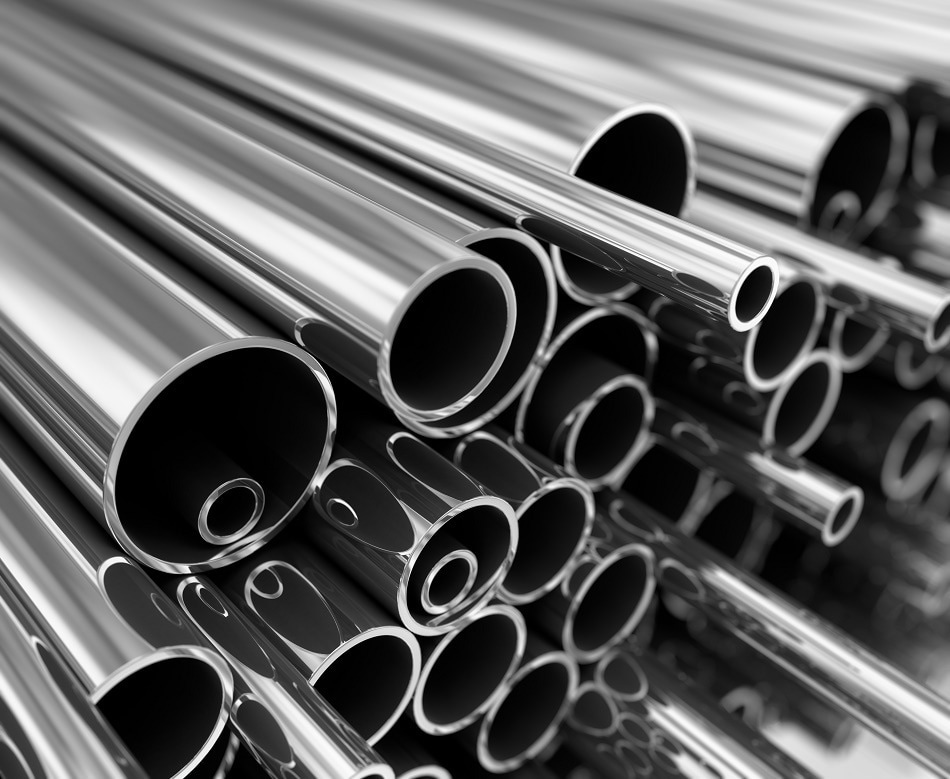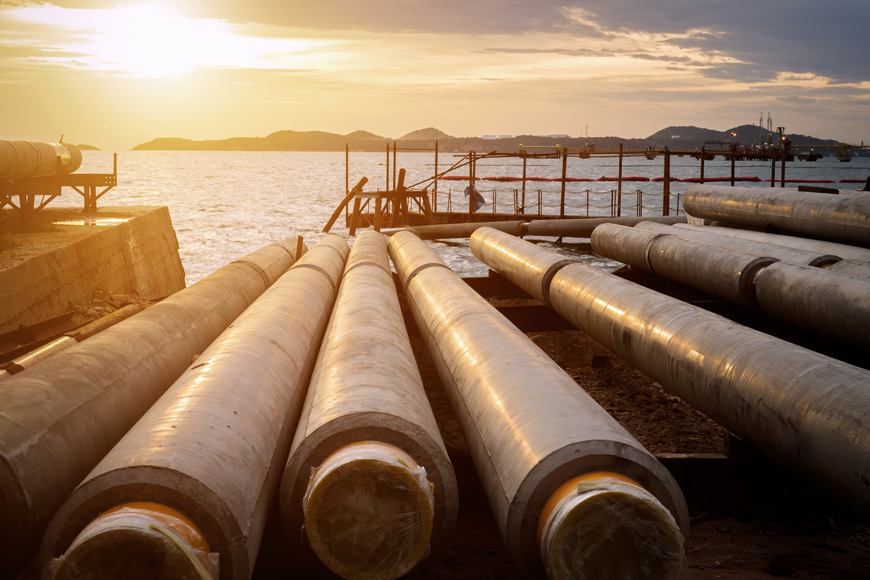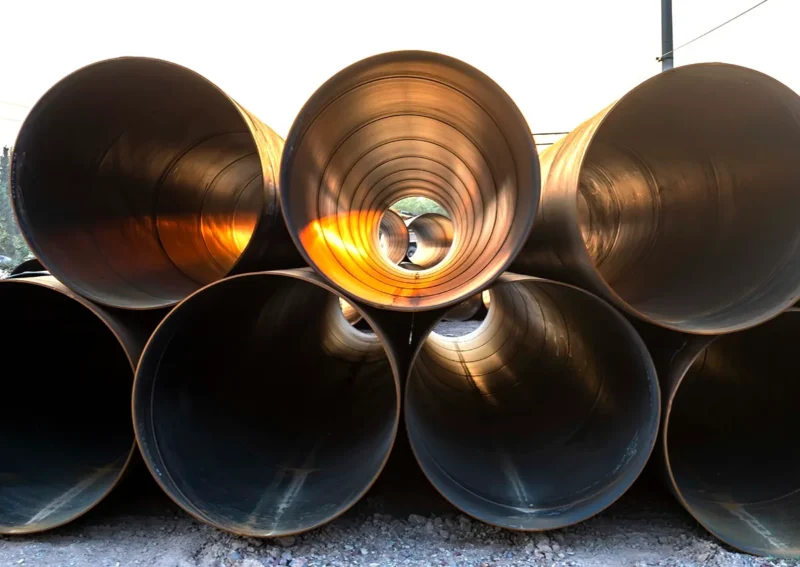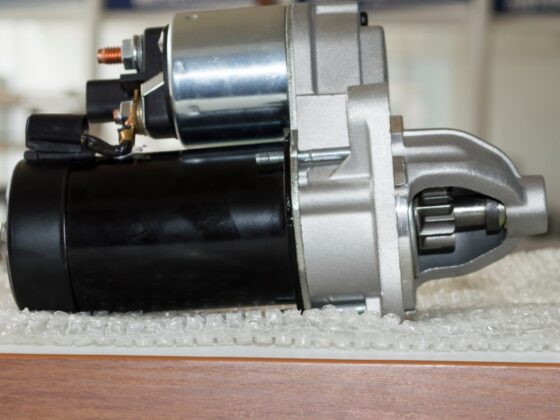Carbon steel pipes are an essential part of many industries, ranging from energy production and engineering to plumbing. Their unique combination of properties makes them a cost-effective solution for applications where strength and durability are required.
In this article, we’ll explore the properties of carbon steel pipes as well as common uses across numerous industries. You’ll learn about what makes carbon steel pipes so versatile while understanding their advantages over other materials that could be used instead.
From oil rigs to irrigation systems, you’ll gain insight into why carbon steel is so widely used for various projects around the world.
Overview of Carbon Steel Pipes

The use of carbon steel pipes is widespread across a variety of industries due to their strength, durability, and affordability. But what exactly are the properties that make it so useful and how can it be applied in various situations? This overview will provide answers to these questions by exploring the characteristics of this versatile material as well as common applications that have been found for it.
Carbon steel pipes contain between 0.12 – 2% carbon, with other elements such as manganese, phosphorus, sulfur, and alloying agents also present depending on their intended application.
Due to this composition, they offer a range of qualities including increased hardness at higher temperatures and improved corrosion resistance when compared to other steels. Due to their diverse properties, carbon steel pipes are used in many different settings from residential plumbing systems right through to industrial-scale piping solutions; some popular examples include water delivery pipelines, and oil & gas networks for transporting fuel or carrying chemicals over long distances within processing plants.
Other uses include petrochemical processes such as refining crude oil into petrol along with food production machinery where hygiene standards must be met at all times. Finally, it’s worth noting that the choice between using seamless or welded versions is dependent on personal preference and often dictated by local regulations; welded pipes do however tend to be cheaper while offering similar strength values if correctly installed with quality fittings making them ideal for larger projects requiring extensive lengths or multiple bends without any compromise in safety or performance levels.
Properties of Carbon Steel Pipes

Carbon steel pipes are a popular choice for many reasons. Their strength and durability, low cost, and easy availability make them an ideal material for pipe construction.
They have several properties that make them useful in various applications. These include their resistance to corrosion, excellent mechanical strength, good thermal conductivity, and ease of fabrication.
Carbon steel pipes also offer high tensile strength, great ductility, and malleability as well as being easily welded or soldered with other metals. In terms of common applications, carbon steel pipes are frequently used in the oil & gas industry, power plants, waterworks systems, and industrial process piping systems due to their ability to withstand extreme temperatures from cold winter weather up to extremely hot summer days.
Additionally, they can be found in automotive exhaust systems due to their superior heat resistance characteristics as compared to other materials such as copper or aluminum alloys which tend to degrade quickly when exposed to high temperatures over long periods. Carbon steel is also often used for pipelines transporting fuel including oil products through hazardous areas because it is non-combustible and provides excellent protection against fire hazards making it much safer than plastic or rubber hoses which may become brittle under certain conditions leading potentially lead to leakage or explosion risks if not properly maintained.
Common Applications for Carbon Steel Pipes

Carbon steel pipes are incredibly versatile and have a wide range of applications. They are an important part of the industrial infrastructure, used in many industries for transporting fluids and gases.
Common uses include carrying water, oil, gas, and other liquids at high temperatures or pressures. Carbon steel pipes can also be used to construct structural elements such as towers, bridges, buildings, and even large ships.
In addition to these traditional uses, carbon steel pipes can also be employed in various ways such as heat exchangers for air conditioning systems, storage tanks for chemicals, or fuel tanks on vehicles. The durability of this type of pipe makes it ideal for any application where long-lasting performance is required.
Conclusion

Carbon Steel Pipes have a wide range of applications in various industries due to their unique properties. It is highly resistant to corrosion, temperature, and pressure and has excellent strength which makes it ideal for the construction of pipelines or production of components.
Carbon steel pipe is also used for transporting fluids such as oil, gas, and water over long distances, making them an essential part of many modern industrial processes. In conclusion, Carbon Steel Pipe is a versatile material with impressive mechanical properties that make it suitable for use in many different industries.


